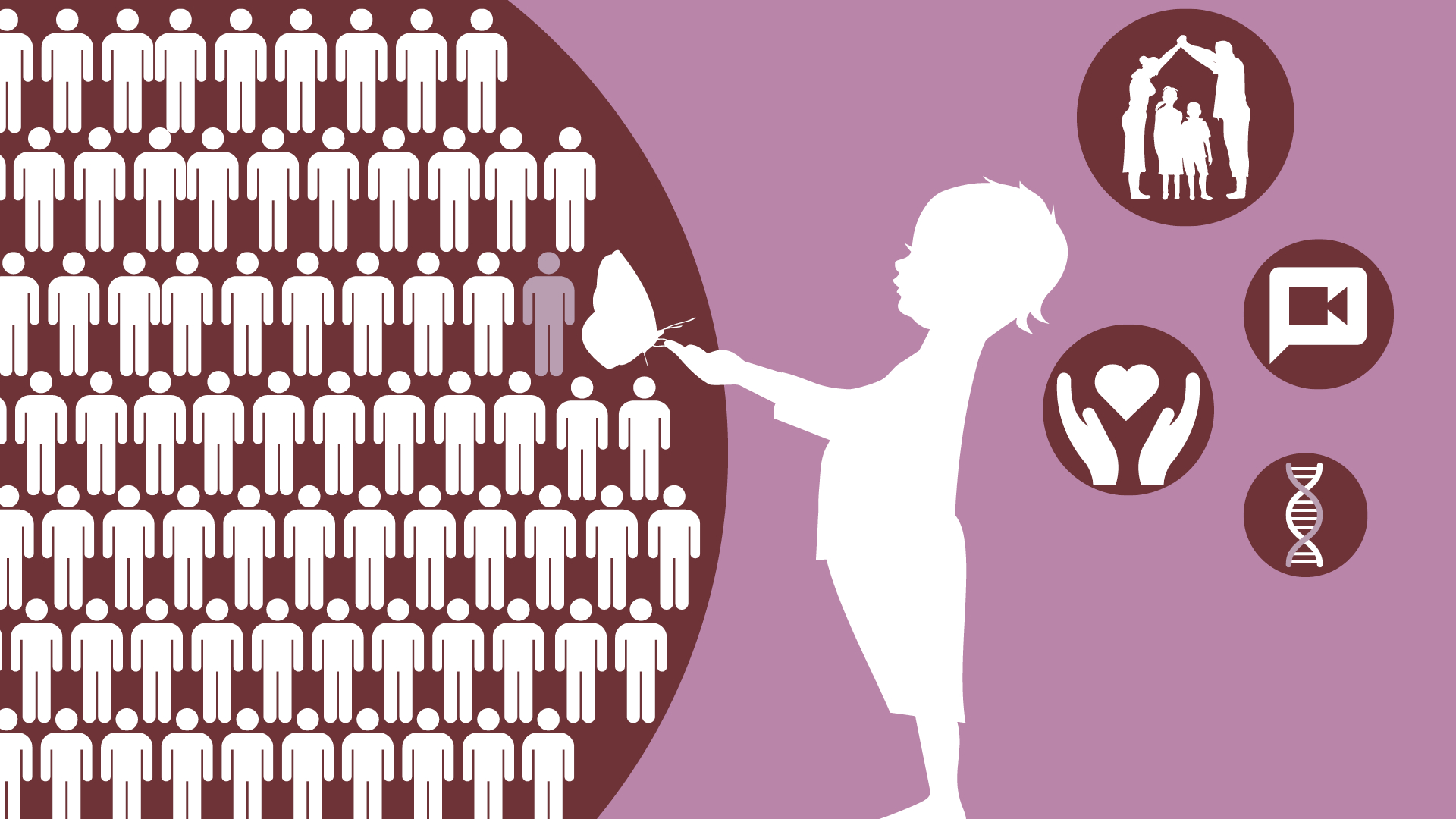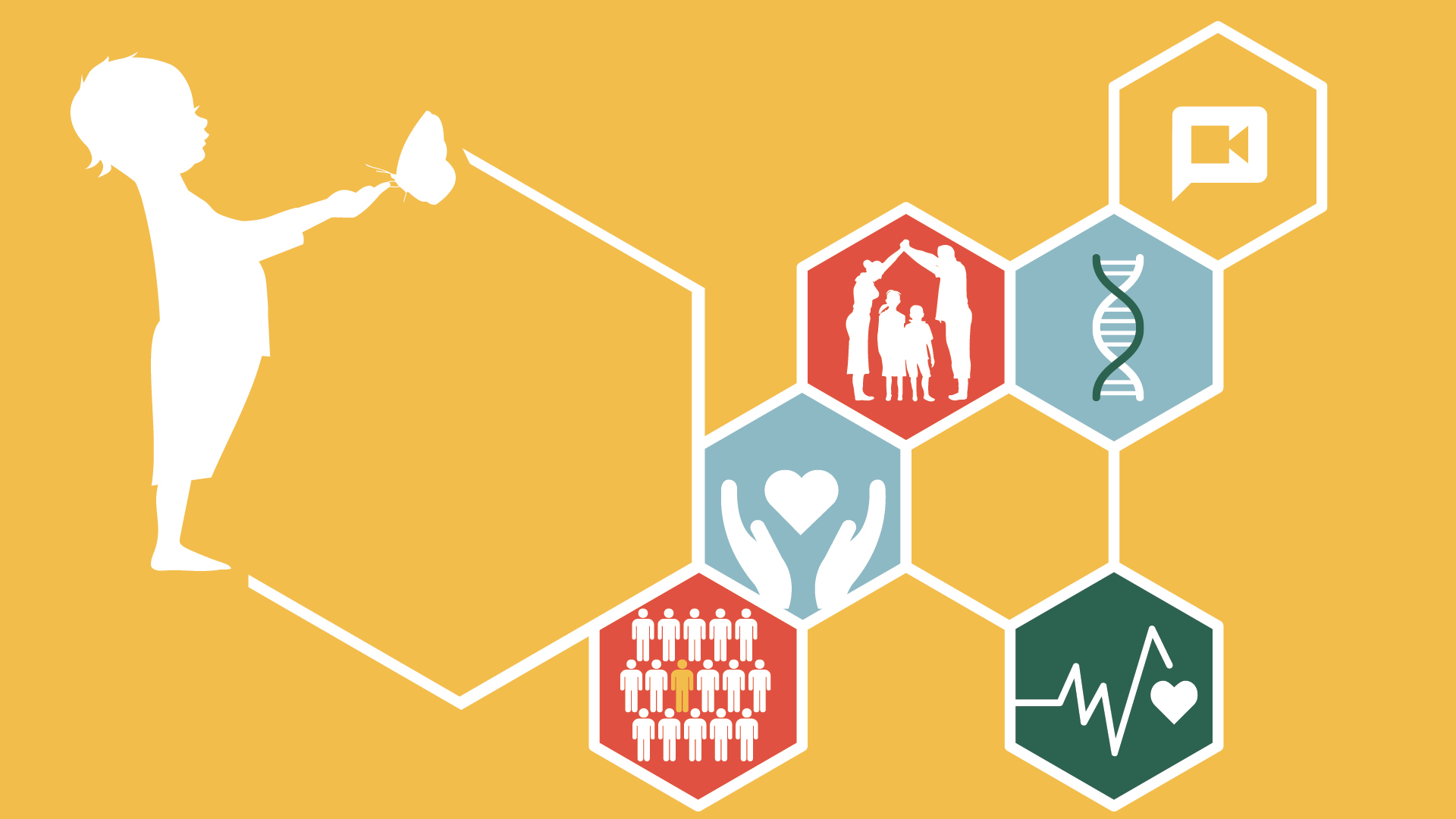
Read more

Rare diseases pose unique challenges to the health care system. Unlike common diseases that affect millions, such as type 2 diabetes, a rare disease may have only 50 patients worldwide, spanning numerous countries, languages, and cultures. The detection of rare diseases—~75% of which have a genetic basis—is generally difficult and costly, often requiring sequencing technologies that are hard to access. Physicians are frequently trained in the diagnosis and treatment of common disorders, but few receive instruction in rare diseases. The result is a diagnostic odyssey for the patient that often requires years of tests and specialist visits, sometimes ending without a clear diagnosis. The world’s 300-million-plus rare disease sufferers are understandably anxious and frustrated, as are their health care providers.
In this webinar discussion, our diverse panel of thought leaders will tackle these issues and suggest a path forward for reforming and rethinking how rare disease detection and diagnosis is done.
This free webinar has been broadcast on April 14th (noon ET ; 6pm CET) and is now available on demand.
Teaser
Or listen to it as a podcast
This webinar last for approximately 60 minutes.
Panel: